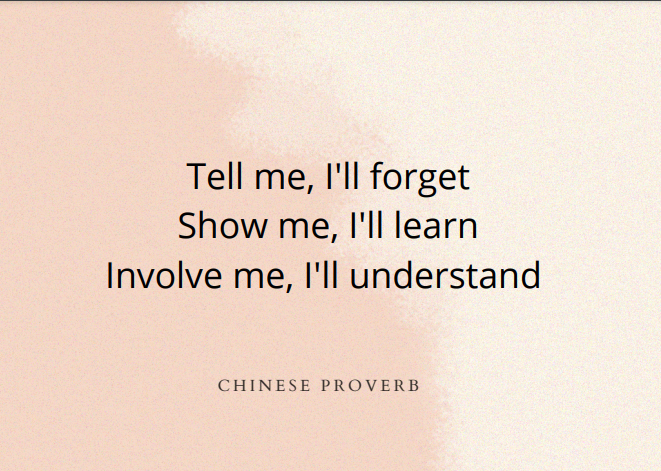I have taught courses on spirituality since the early 1990s. I have accompanied many students on their spiritual journeys and read hundreds of spiritual journals. So what is spirituality?
Sandra Schneiders defines spirituality as “that dimension of the human subject in virtue of which the person is capable self-transcending integration in relation to the Ultimate, whatever the Ultimate is for that person in question.”* Why does the self needs to be transcended in order to reach such integration? Sadly, it has been the body in much of the Christian tradition.
I want to offer a more body-friendly definition as I want to recover the body as a locus of spiritual wisdom. Spirituality as that dimension of the human subject in virtue of which the person is capable of integrating the body, mind, and spirit, of maintaining just and right relationships with other humans and nonhuman species, and of communion with the divine and the whole cosmos.

How do we understand the contemporary world? This is the first time I teach a course on spirituality during the pandemic. We do not just face the Covid-19 pandemic, we also face climate change and the reckoning of global racism and anti-Blackness. I have been thinking about the challenges to our spiritual life during these crises.
As many of you know, the word “crisis” in Chinese consists of two characters 危機, meaning danger and opportunity. The multiple crises we face present challenges and opportunities. All of a sudden, we could not go to workplaces, schools, restaurants, and theatres. Our normal lives cannot go on. While many want to go back to “the normal” life as soon as possible. What if “the normal” we are used to is unsustainable unjust, and it causes harm to our bodies and thrashes our spirit?
In teaching spirituality, I have read a lot of books on health and wellness. I read the books by many health gurus. They often recommend this three-step process: repair, restore, and regenerate. Taking the hints from these books, I want to ask if there is a parallel process in our spiritual health?
The pandemic serves as human experimentation in stopping the things we are used to do. Do we need to really do the things we do? What should be our priorities in life? What is God calling us to doing? Many have quit their jobs and rethought the balance between work and family. Some clergy have also joined the great resignation.
How can we pay attention to our spiritual life during the pandemic? We have been very busy, coping with changes in our jobs and studies, adjusting family relations and responsibilities, and modifying church services and ministries. We hardly have time to pause, to repair, and to restore. Many feel depleted if not depressed. So I want to offer this course as a place for mutual support as we discern the spirit in our lives.
This course is not a traditional lecture course with PowerPoints. I don’t believe spirituality is to be taught, it is to be caught. We can’t learn about spirituality without practicing it. I once saw a poster in the Museum of Science in Boston and it says,

I have invited guest speakers, a poet, musicians, and artists to visit and speak in the class to show us the creative potential of the human spirit. We will combine an inquiring mind with a resting spirit in this class.
*Sandra M. Schneider, “Spirituality as an Academic Discipline: Reflections from Experience,” In Broken and Whole: Essays on Religion and the Body, ed. Maureen A. Tilley and Susan A. Ross (Lanham, MD: University Press of America, 1993), 210.
